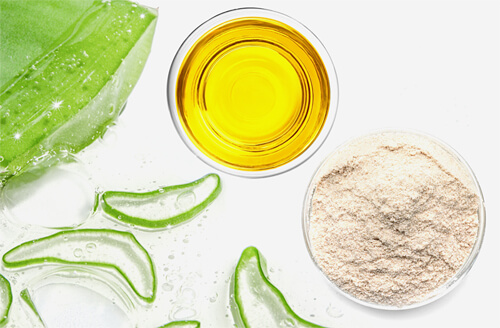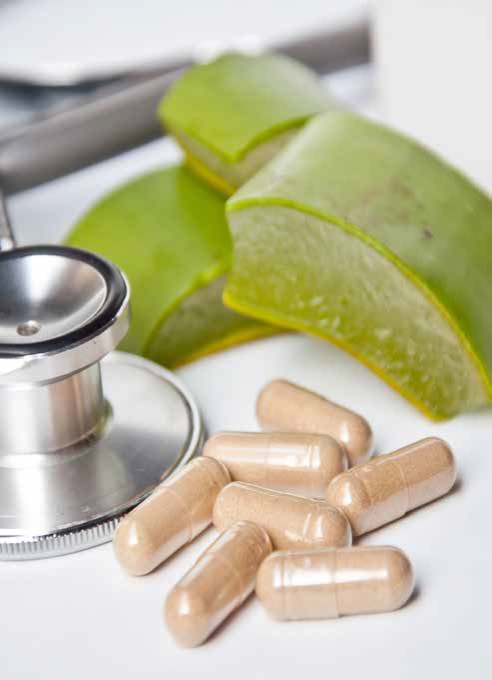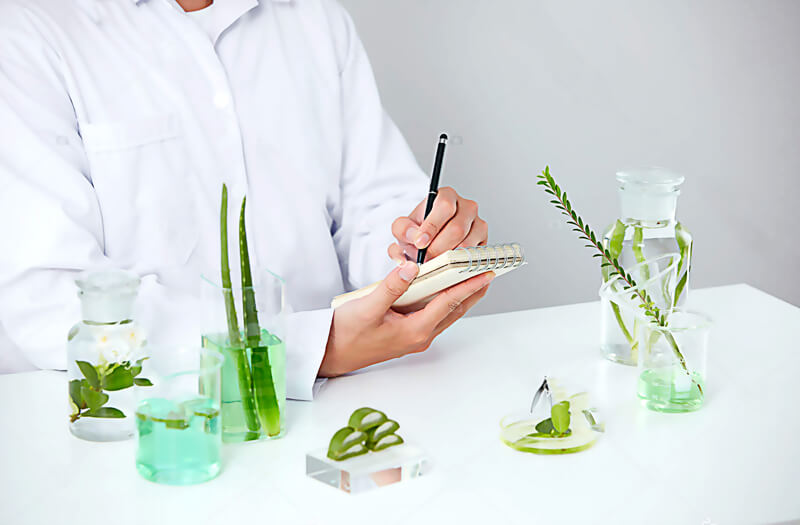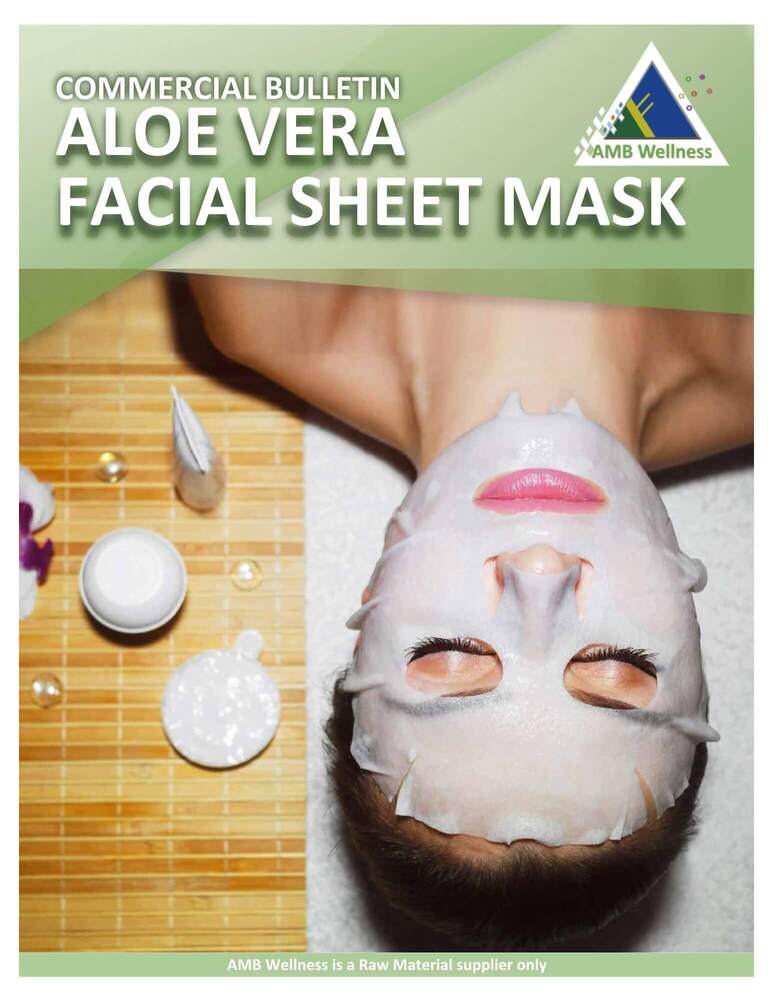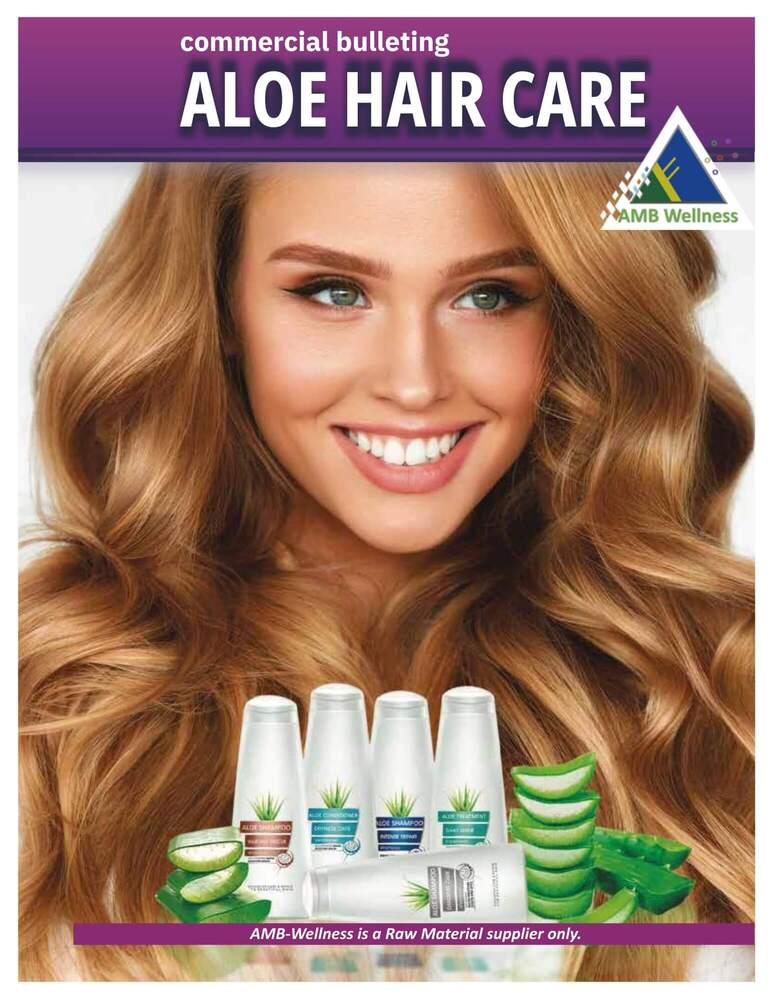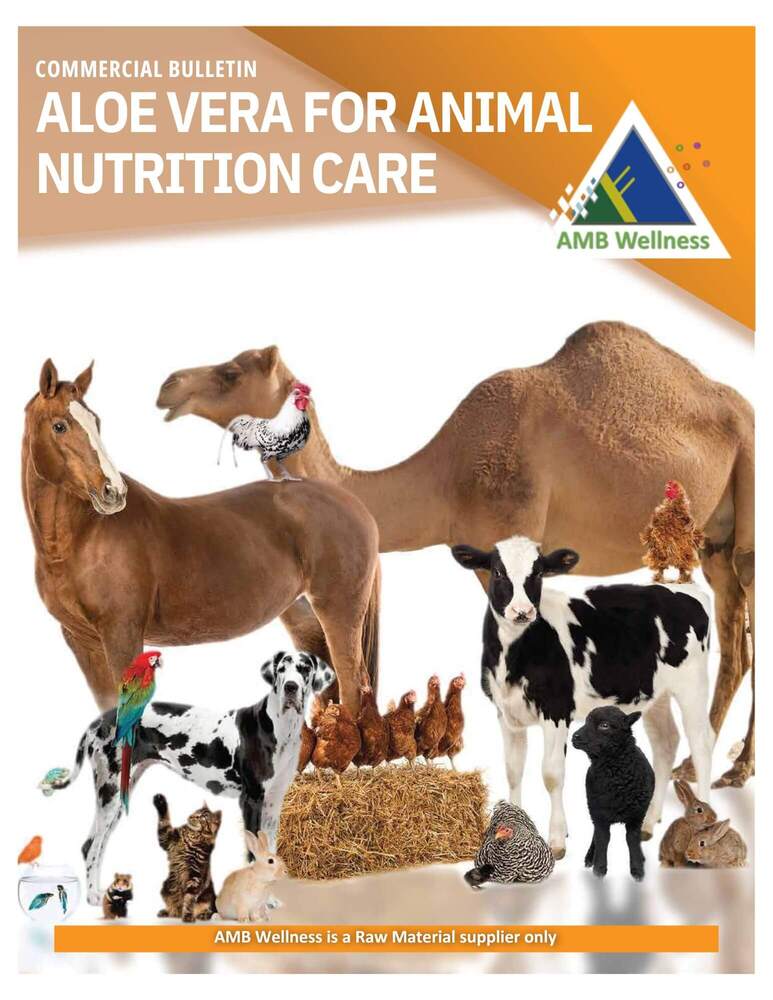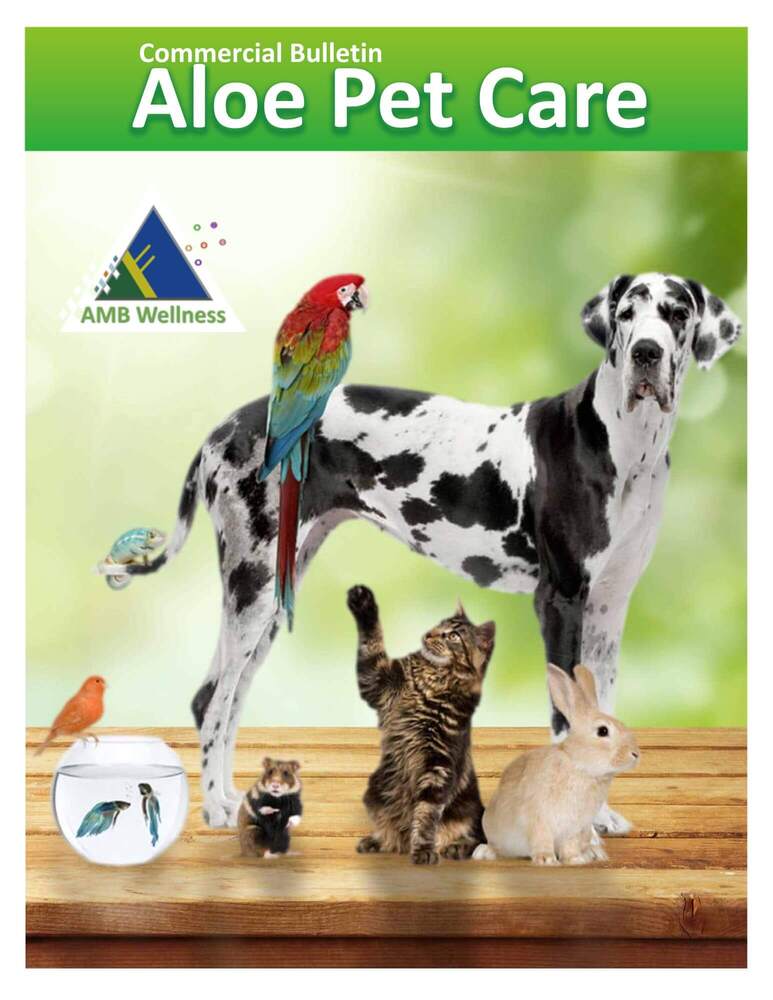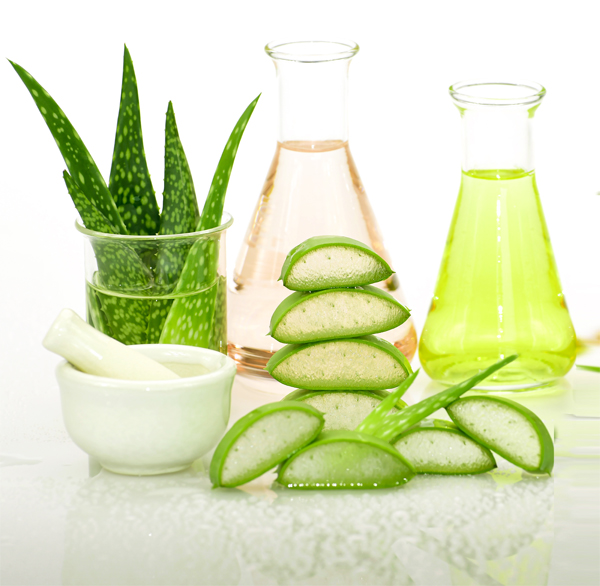Authors Santoso, F., & Rahmat, V.
Aloe vera gel (AVG) based on edible coating solutions on tomatoes to maintain the postharvest quality during storage at 10″C for 30 days. The AVG coating solutions were prepared with different percentages of extracted gel ranging from 0 to 80% with addition to calcium chloride (2%), ascorbic acid (4%), carboxymethyl cellulose (3%), glycerol (2%), and oleic acid (3 mL). Results showed that coating solutions containing 60 to 80% AVG had better results than coating solutions containing 0 to 40% gel. Contents of ascorbic acid, sugar, flavonoids, carotenoids, lycopene, and pectin remained higher, and total microbial count remained lesser in fruits treated with a higher concentration of AVG over the storage time. Tomatoes coated with 60% and 80% Aloe vera gel also showed maximum antioxidant efficiency, absence of E. coli, and no signs of fungal (Botrytis cinerea) growth on tomatoes. In conclusion, applying 6080% AVG edible coatings might be suggested to maintain the post-harvest quality of tomato fruit, Tomatoes are a vital source of nutritional and therapeutic compounds, including ascorbic acid, sugars, total phenols, flavonoids, carotenoids, and lycopene, for maintaining the fruit texture, cell wall compounds such as pectin play essential roles in tomato fruit softening and texture integrity. Meanwhile, undesired storage environments and microbial/fungal attacks may primarily affect such compounds, thus leading to postharvest quality losses of tomatoes. The edible coating is a robust approach to enhancing the shelf life of the produce by preventing anaerobiosis in perishable fruit like tomatoes, various kinds of biodegradable, edible coatings (i.e. seed mucilage, microbial gums, pectin polysaccharides, corn starch, gum arabic, polyalcohols, etc.) are in practice to overcome postharvest losses in horticultural products , Edible coatings create a modified atmosphere by generating a semi-permeable barrier against O2, CO2, solute, and moisture exchange. Subsequently, oxidation rate, respiration rate, ethylene production, textural strength, flavour quality, and water loss remained controlled, maintaining the fruit quality for a longer time, Hydro colloidal Aloe vera gel (AVG) can potentially extend the shelf life and maintain the postharvest quality of various perishable products, the AVG is generally considered a safe (GRAS) coating material due to its accessible biochemical properties, biodegradability, antimicrobial action, non-toxicity, film- forming properties, and eco-friendly nature.

